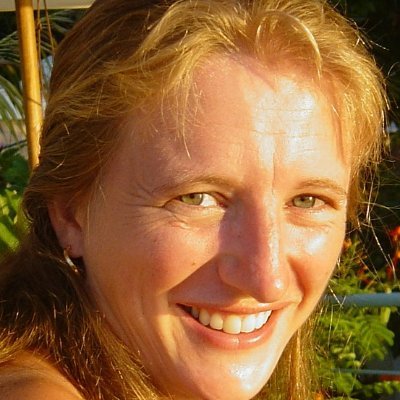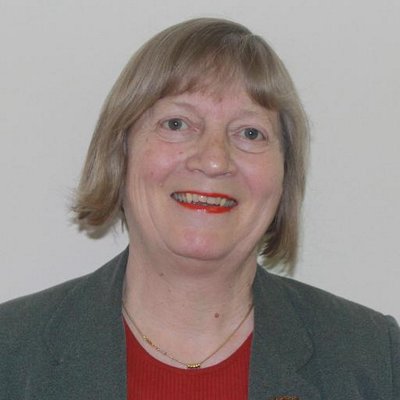strong>Selected by Research Group [
clear filter]
arrow_back View All Dates
08:45 GMT
BERG: Developing microscopy skills: a plant-rich approach
Thursday January 9, 2025 08:45 - 09:35 GMT
Speakers 
Sustainability Lead and Teacher of Biology, Hills Road Sixth Form College / SAPS
I am the Sustainability Lead and a Biology teacher at Hills Road Sixth Form College as well as the visiting teacher at Science and Plants for Schools (SAPS).I have 20 years experience in education and have been leading biology departments for most of that time although I recently...
Read More →
Thursday January 9, 2025 08:45 - 09:35 GMT
Pope A34
09:45 GMT
BERG: The Daffodil DNA Project (BERG)
Thursday January 9, 2025 09:45 - 10:35 GMT
Speakers 
Assistant Head (Assessment and Reporting), Beaulieu Convent School, Jersey
LL
Senior Lecturer (Teaching and Scholarship), University of Dundee
Thursday January 9, 2025 09:45 - 10:35 GMT
Pope A34
09:45 GMT
Keynote selected by Teacher Developers' Group: Welcoming diverse pre-service science trainees: transformational practices
Thursday January 9, 2025 09:45 - 10:35 GMT
Speakers 
Leeds Trinity University, Senior Lecturer in Secondary Education Twitter, Leeds Trinity University

Course Lead PGCE Secondary Science, St Mary's University Twickenham
I am a lecturer in secondary and primary science, having recently spent 10 years teaching in secondary.As a chemistry teacher I am particularly interested in the understanding of symbolism in science education. I completed my masters in how students justify organic chemistry mechanisms...
Read More →
Associate Professor Physics Education, University of Birmingham
After spending 15 years teaching physics in secondary schools in the West Midlands area, Dan is now Associate Professor of Physics Education at the University of Birmingham as well as a DPhil research student at the University of Oxford. Dan works on widening access to physics at...
Read More →RD
Lecturer Science Education, Kings College London
11:15 GMT
How far can we go? Benefits of International collaboration
Thursday January 9, 2025 11:15 - 12:05 GMT
Speakers AM
Associate Professor, University of Greenwich (Education and Centre for Thinking and Learning)

International Science Education Consultant
Physics teacher, HOD, School Leader, Local Authority adviser, Ofsted Inspector, School Improvement Partner, International Inspector and Evaluator, teacher trainer, author and keen user of the new technologies and believer in global learning. Been in schools in these countries for...
Read More →
Chemistry Teacher, National High School of Science and Mathematics, Sofia/ Sofia University St. Kliment Ohridski
Thursday January 9, 2025 11:15 - 12:05 GMT
Pope A1
15:45 GMT
Borderless Microchemistry
Thursday January 9, 2025 15:45 - 16:35 GMT
Speakers ZI
Science teacher, PhD student, Dragon school, Oxford / Sofia University St. Kliment Ohridski

Chemistry Teacher, National High School of Science and Mathematics, Sofia/ Sofia University St. Kliment Ohridski
Thursday January 9, 2025 15:45 - 16:35 GMT
Pope A1
15:45 GMT


